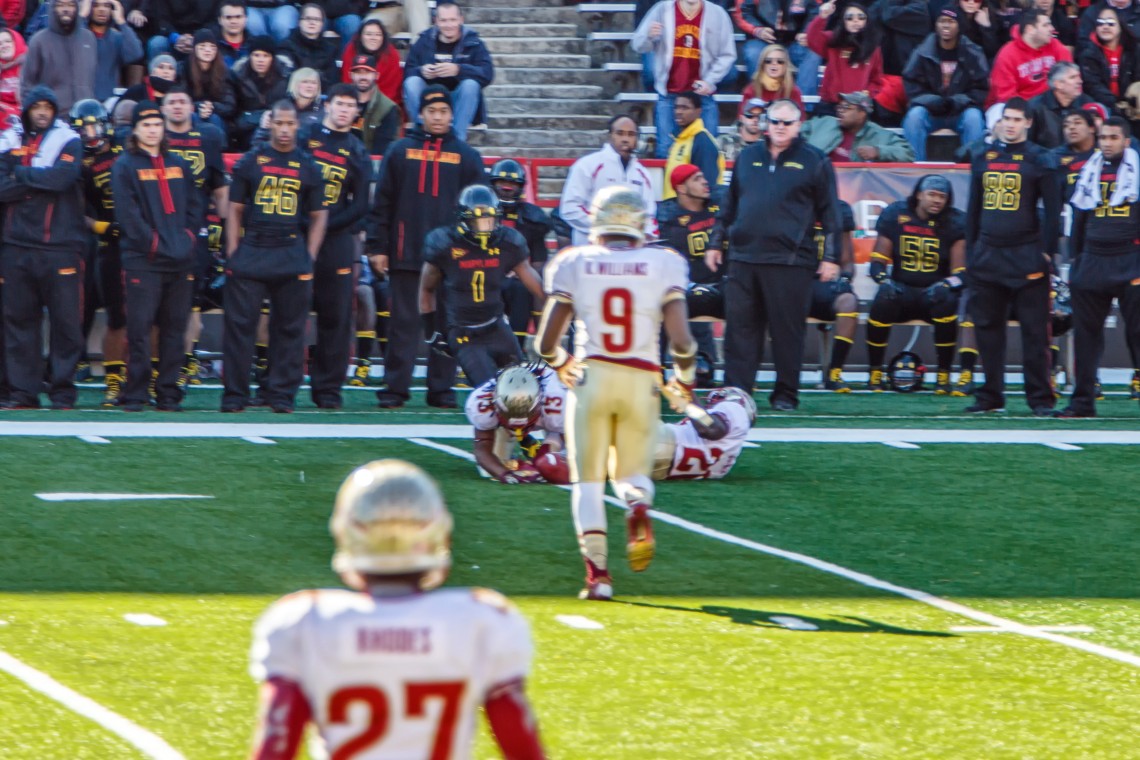Each week, we bring you updates on the legal world.
Looking ahead…
Last spring, Newsweek ran a story on an elderly recluse who allegedly founded Bitcoin, the online payment system. After the story was published, the man—Dorian Nakamoto—stepped forward to denounce the article and threaten a civil suit against Newsweek for “false light” wrongdoing. It looks like the case is imminent, as Nakamoto is crowdsourcing funds to pay for lawyer fees. (Business Insider)
The rise of ridesharing companies has been a brisk one. But legal action might slow their ascent, or even force them to halt business in several major cities, including Los Angeles and San Francisco. (CNBC)
The battle between law enforcement and major tech firms over data encryption is ongoing. After Apple announced several weeks ago that its newest operating software would not have built into it a way for law enforcement to access data even when given permission from a judge, FBI Director James Comey is asking legislators to step in. Expect a slow response from our nation’s grid-locked Congress. (Washington Post)
And in case you missed it…
Florida State is dealing with a crisis of sports and justice. University and local police have been accused of “soft-pedaling” when it comes to allegations of criminal wrongdoing against members of the school football team. This comes after last year’s coverage of an improperly executed investigation into rape accusations against the Seminoles’ star quarterback. (New York Times)
The Nevada Supreme Court ruled that it is unconstitutional for law enforcement to compel a motorist to give a blood sample when he or she appears to be intoxicated. (Seattle PI)
Want to make a mash-up of images of your favorite celebrities without it getting pulled on copyright grounds? If you’re in the UK and your mash-up is deemed “funny,” you’re in luck. (Telegraph UK)
The Supreme Court ruled on Saturday that a contentious Texas law requiring certain forms of identification to vote is constitutionally permissible. Three justices dissented, citing discriminatory effects of the law on Texans who are legal citizens but do not have the means to apply and secure proper identification. (Politico)
Image: Dave Wikinson via photopin









